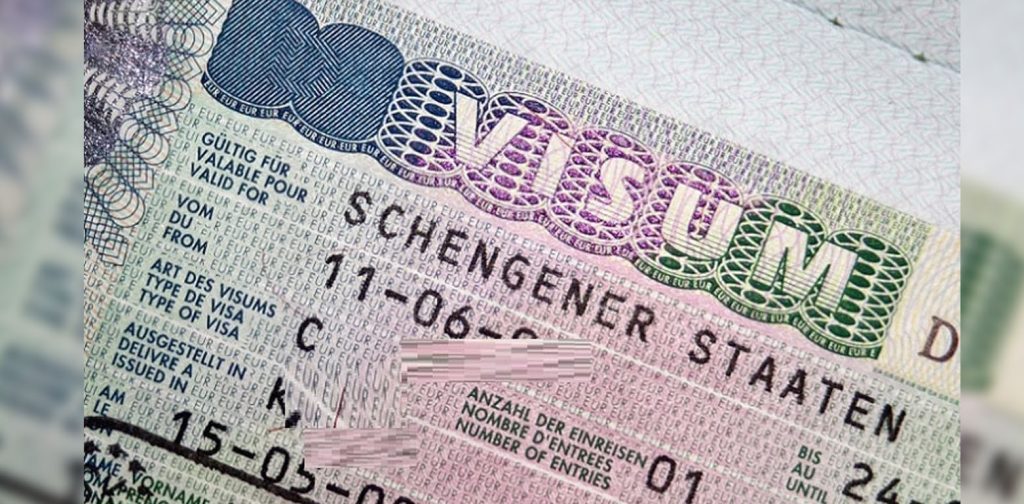
Pakistani citizens who are planning to visit Austria must obtain a Type C Austria Schengen Visa, which permits travel to Austria and other Schengen countries for up to 90 days.
Austria, a popular European destination, continues to attract tourists from around the globe, including Pakistan.
In Pakistan, the Austrian Embassy has delegated visa application processing and passport return services to VFS Global. Applicants are required to submit their visa applications through this external service provider.
Visa Fees and Financial Proof: The Schengen visa fee for Pakistani applicants is Rs15,040, with an additional service fee of Rs7,520 charged by VFS Global. One of the critical requirements for the Austria Schengen visa is providing proof of sufficient funds to cover the applicant’s stay in Austria.
Required Documents
In order to apply for the Austria Schengen Visa, applicants are required to submit a bank statement (current or savings account) for the last six months, including the bank’s address and contact details.
While there is no fixed minimum amount for daily expenses, it is recommended that visitors have at least 100 to 120 euros per day.
For a 60-day stay, this amounts to approximately 7,200 euros. Based on the current exchange rate of 1 euro equaling Rs307.4, applicants would need around Rs2.3 million for a 60-day visit.

Applicants must ensure that all required documents are submitted, including a valid passport, travel insurance, and proof of accommodation. The Austrian Embassy advises applicants to apply well in advance, as visa processing can take up to several weeks.
By adhering to these guidelines, Pakistani travelers can ensure a smooth visa application process, obtain the Austria Schengen Visa, and enjoy their visit to Austria.
Read More: Baisakhi: Pakistan Sets a Historic Precedent with Record Visa Approval for Sikh Pilgrims
In an unprecedented act of interfaith diplomacy, Pakistan granted 6,629 visas to Indian Sikh pilgrims for Baisakhi 2025 festival, significantly exceeding the usual annual quota.
This marks the first substantial increase in over five decades and highlights Pakistan’s dedication to promoting religious freedom and fostering regional harmony.





